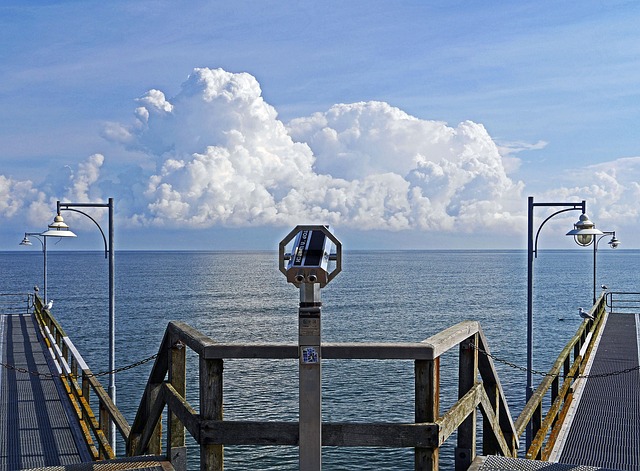The entertainment industry has undergone a seismic shift over the past few decades, transforming the way we consume and engage with various forms of media. Gone are the days when viewers were at the mercy of television schedules or movie release dates. In today’s fast-paced world, our viewing habits have evolved dramatically, driven by technological advancements and changing cultural dynamics.
One of the most significant changes can be seen in the realm of cinema. With the advent of streaming services, such as Netflix and Hulu, audiences now have unprecedented access to a vast array of films from around the globe. This convenience has not only altered our viewing habits but also our expectations. We no longer have to wait weeks for a film to debut in theaters; instead, we can binge-watch entire seasons in a single weekend. This shift has sparked a debate about the value of the cinematic experience, as many question whether the theater still holds the same appeal.
Concerts and music festivals have also felt the ripple effects of these changing viewing habits. While attending a live performance has always been a cherished experience, the rise of social media and live-streaming platforms has redefined how fans connect with artists. Now, one can enjoy a festival from the comfort of their couch, experiencing the thrill of live music without the hassle of travel or crowded venues. While nothing can replicate the energy of being there in person, digital engagements offer an alternative that caters to those unable to attend.
Moreover, the music industry itself has had to adapt to these evolving viewing habits. Artists and record labels are more focused on creating shareable content and engaging with fans online. Music videos, behind-the-scenes footage, and interactive experiences on platforms like Instagram and TikTok have transformed how music is marketed and consumed. Audiences are no longer passive; they actively participate in the promotion and creation process, reshaping the traditional artist-fan relationship.
As we navigate this ever-changing landscape, the question arises: what does the future hold for our viewing habits? With technology advancing at such a rapid pace, it’s plausible that virtual reality and augmented reality will further revolutionize the industry, allowing us to experience concerts and movies in immersive ways that we have yet to imagine. Regardless of how it changes, one thing is clear: our demand for engaging and accessible entertainment will continue to drive innovation and new trends. The journey of the entertainment industry is one of adaptation and evolution, and as viewers, we are both participants and witnesses to this incredible transformation.


